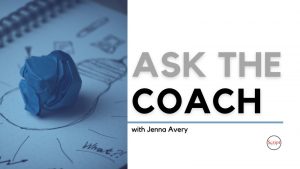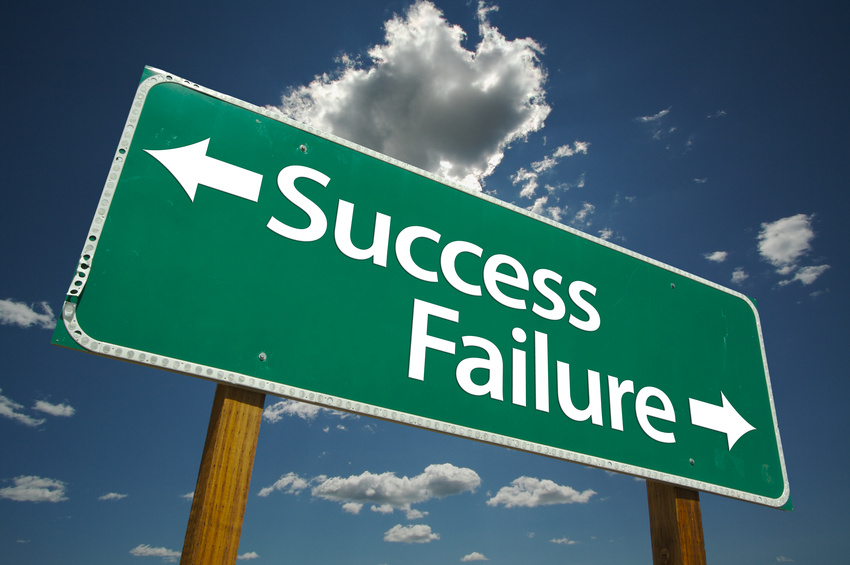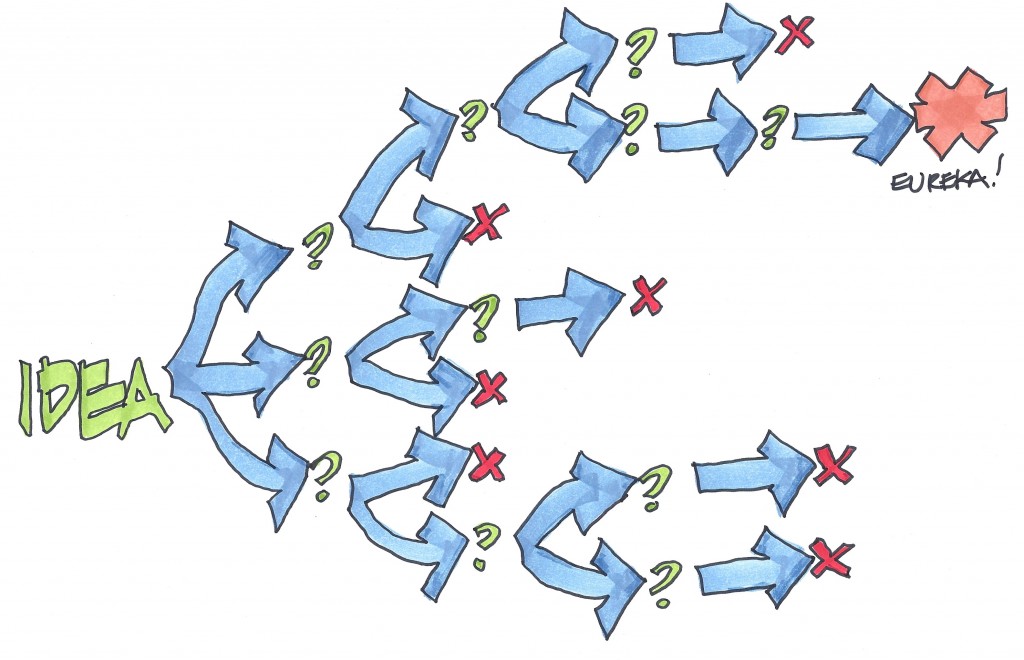In this month’s “Ask the Coach” article, I’m responding to a question about prioritizing writing.
In the article, I talk about what prioritizing writing means, where we run into trouble, and then how to prioritize writing.
Here are some of the key points to give you a sneak peek:
- Think of writing as “important, not urgent,” aka something you invest in — taking action on writing is about being the leader of your own life.
- Craft a workable writing schedule that helps you make your priorities actually happen.
- Set writing goals for yourself so you know what you’re doing when you sit down to write.
- Set boundaries around your writing time with others — and yourself.
- Match your attention, intention, and action — so you’re being the writer you want to be.
Ultimately, prioritizing writing boils down to a collection of choices we make about ourselves and our lives that are reflected in our goals, actions, attention, and intentions.
Ask the Coach: How Can I Prioritize Writing (And Get Others to Understand)?
I’d love to answer them for you in my column.









